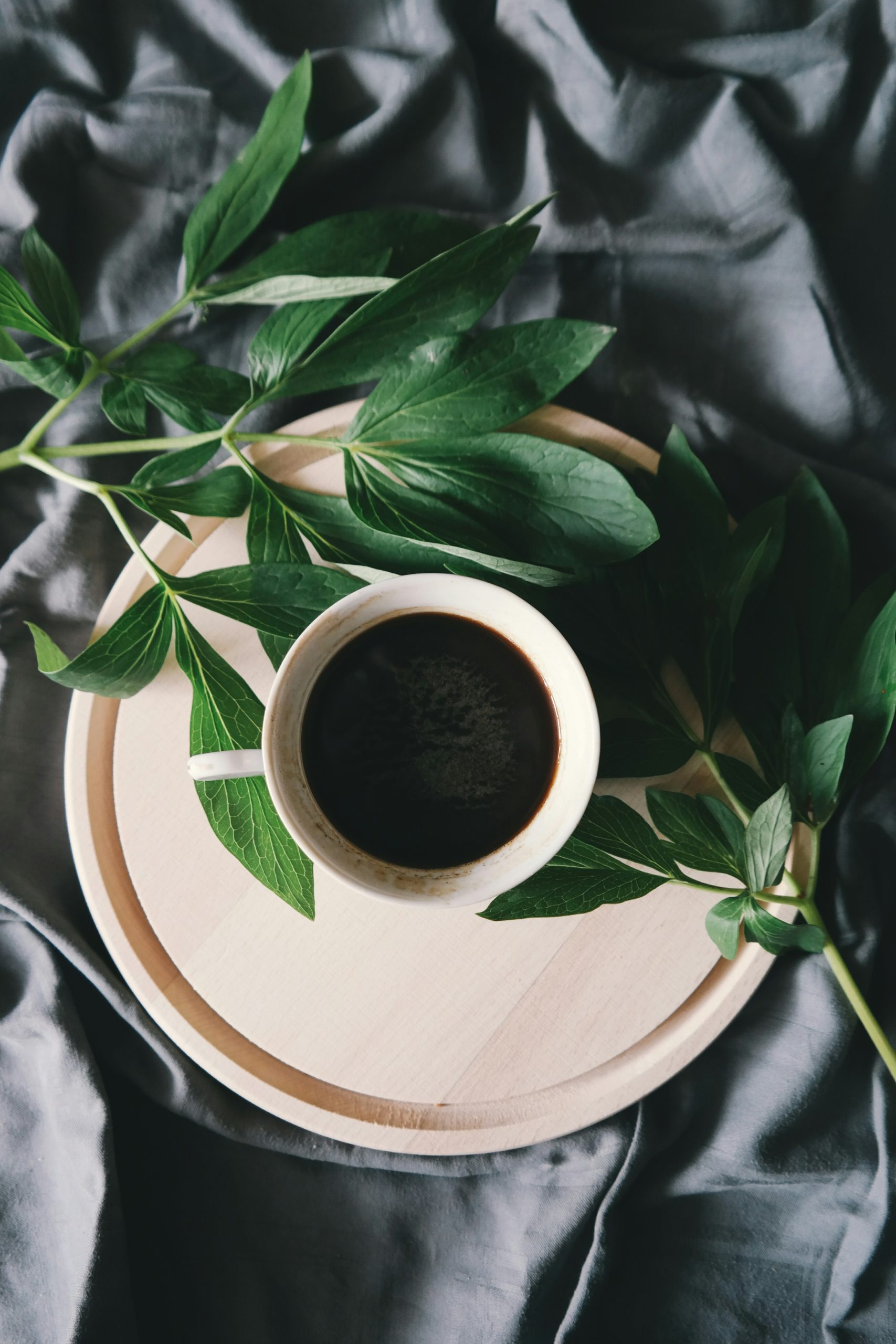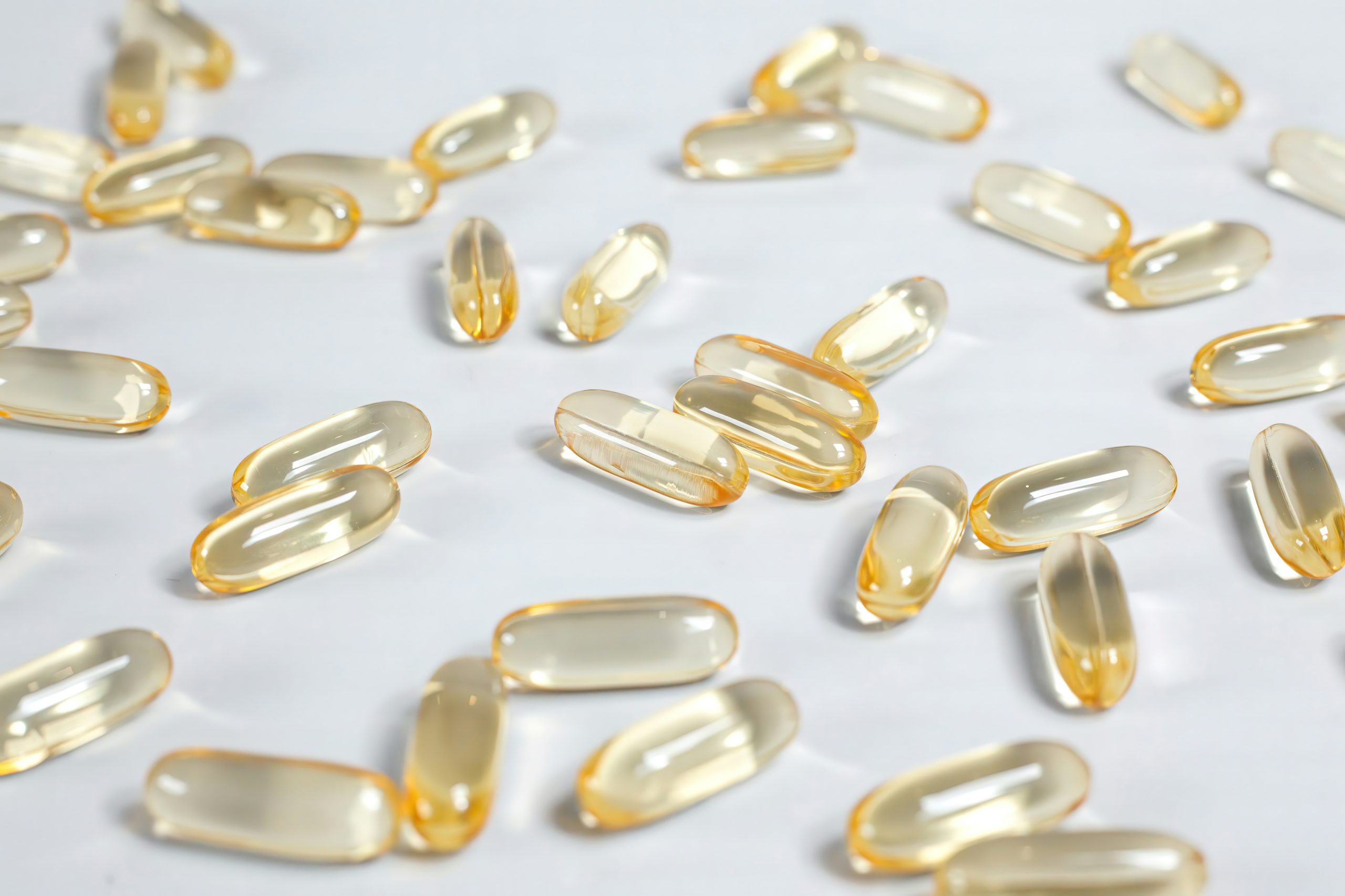Safe Alternatives for Glaucoma Management
Intraocular pressure (IOP) plays a crucial role in the progression of glaucoma, a condition that can lead to irreversible vision loss if left untreated. Medications and surgical treatments are the most common approaches for managing IOP. However, some individuals may seek natural remedies as complementary options to support eye health. While these remedies should not replace professional care, incorporating them may help lower IOP and promote overall eye health. Below, we explore several natural remedies that may assist in reducing eye pressure.
1. Herbal Supplements
Several herbal remedies have shown potential in helping to manage IOP. One popular option is Bilberry, known for its antioxidant properties. Bilberry may improve circulation to the eyes and support the overall health of the optic nerve, possibly helping to reduce intraocular pressure. Another herbal option is Ginkgo biloba, which may increase blood flow to the eyes and reduce IOP by improving circulation. It also significantly reduce the rate of visual field loss in low pressure glaucoma.
Tip: We have prepared a list of the most important herbal supplements on the market, with relevant studies showing their efficacy in lowering intraocular pressure and strengthening the optical nerve.
2. Eye Yoga and Relaxation Techniques
Stress can exacerbate elevated IOP, making relaxation techniques essential for those managing glaucoma and ocular hypertension. Eye yoga, a series of gentle eye exercises, has been shown to improve circulation and reduce eye strain, potentially helping to manage IOP. Techniques such as focusing on a distant object, gently massaging the temples, and practicing deep breathing can help relieve tension. Furtermore, they work on reducing the risk of intraocular pressure spikes.


3. Reduce Caffeine Intake
Excessive caffeine consumption has been linked to temporary increases in IOP. If you’re prone to glaucoma or ocular hypertension, consider moderating your caffeine intake. While a cup of coffee might not cause significant harm, excessive consumption can lead to spikes in IOP. The study concludes that an intake of caffeinated beverage (>/=180 mg caffeine) may not be recommended for patients with normotensive glaucoma or ocular hypertension. Reducing caffeine could potentially help stabilize your eye pressure over time.
4. Sleep Position and Intraocular Pressure
The position in which you sleep has a significant impact on intraocular pressure (IOP). Research has shown that sleeping on your side or stomach, especially with your head down, can increase IOP in the eye that is pressing against the pillow or surface. This pressure may persist for a few hours after waking, potentially raising the risk of damage to the optic nerve over time. To minimize the impact of sleep position on IOP, sleeping on your back with your head slightly elevated is recommended. Using a pillow that supports a neutral head position can help reduce pressure on the eyes and promote healthy eye pressure levels throughout the night. For individuals with glaucoma, making adjustments to sleep posture may be a simple yet effective strategy to manage IOP.
5. Regular Exercise
Physical activity is not only good for overall health but also for maintaining healthy IOP levels. Moderate exercise, such as walking or cycling, has been shown to help reduce eye pressure. This is done through improving blood circulation and promoting general well-being. Exercise helps reduce stress, which can also have a positive impact on eye pressure levels. However, be cautious with exercises that involve inverted positions (e.g., headstands), as they may increase pressure temporarily.
6. Stay Hydrated
Dehydration can cause the body to retain sodium, leading to increased eye pressure. Drinking enough water throughout the day helps maintain a balance of fluids in the body. In return, this is beneficial for regulating IOP. Ensure you’re drinking adequate amounts of water, especially if you live in a hot climate or are engaging in physical activity. However, a water bolus can be associated with elevated IOP so ensure you do not excessive amounts at once.
Supporting Eye Health Naturally
While natural remedies and lifestyle changes can complement traditional treatments for lowering intraocular pressure, they should not replace prescribed glaucoma medications or surgeries. Always consult your eye care professional before incorporating new supplements or making significant lifestyle changes, especially if you are already on medication for glaucoma.
Remember, no glaucoma treatment can restore lost vision. However, various options are available to help preserve your remaining vision for as long as possible. Consult your doctor and see what’s the best treatment for you.
